The Mock Election: Students Experience Politics on a Different Level
A mock election took place outside of the NHS cafeteria Tuesday as students cast their votes with the rest of America.
REACH teacher and Launch adviser, Brian Borchardt shared that the mock election was a way for the student body to understand the political system and the importance of one’s civic responsibilities.
“It brings awareness to people and gives a voice everyone should have. Hopefully, those not 18 could have a say in it,” Borchardt said.
The REACH academy is an alternative educational course, which strives to aid students: freshmen and sophomores who learn differently to meet their needs. It focuses out from a traditional classroom to project-based learning.
In the interest of the election, students within the academy took a closer glance toward: political issues, propaganda ads and civic operations. Through the lessons and numerous teacher meetings, the REACH academy teachers settled upon a mock election.
Borchardt shared that the mock election was a way to weave in all four core classes: English, math, science and social studies into one huge project like a basket.
Within two weeks, students and teachers planned out propaganda ads to be hung all over the school, questions to be placed on an online ballot, and through effective social media, text messages and Schoology reminders the mock election was equipped to take off like a rocket.
Throughout fifth mod Tuesday, numerous students trickled in like a constant flow of a stream into lines to cast their votes.
Astonishingly, 596 votes were garnered by the student body. Borchardt shared that he was pleasantly surprised by the outcome.
According to the results from Tuesday’s mock election, more sophomores participated with 36.1 percent who voted, 31.4 percent of freshmen, 21 percent of juniors, while only 11.6 percent of seniors participated in this mock election.
Junior Zakary Will, who participated in the election said, “I thought it was really interesting; there were a lot of people there who had strong opinions.”
While senior Autumn Gaschler said, “It’s cool because people could have a say in it.”
In accord with the real election, Donald Trump as named victor. Trump won over the students of NHS by 43.8 percent, 34.4 percent of students voted for Hillary Clinton, 16.6 percent of students voted for Gary Johnson, and 5.2 percent of the students voted for Jill Stein.
As for the Wisconsin representative running for the Senate seat, Ron Johnson won the students by 61.6 percent while only 38.4 percent of students voted for Russ Feingold.
Lastly, a referendum question was placed on the ballot. It asked if NHS should randomly start drug testing students in sports, extracurricular activities, and those who use NHS parking spots. An overwhelming 58.4 percent of students believed that it should be done. If these tests were to happen, it could be used to support students who do not know where to find help.
“It makes students think that it’s important,” Borchardt said. Borchardt hopes that students will transfer participation in a mock election and knowledge of politics to become active citizens in their future communities.


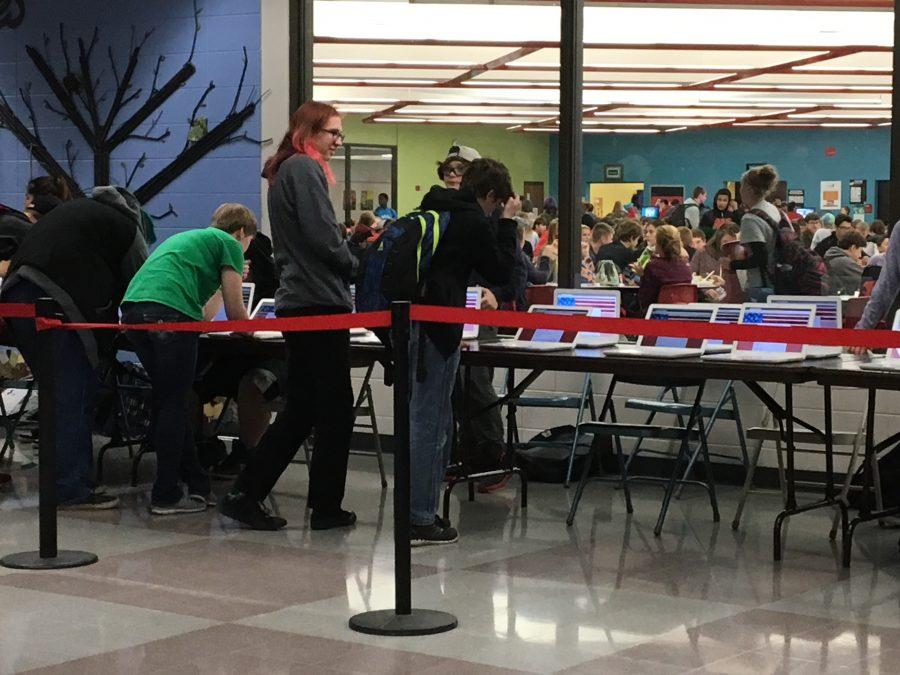
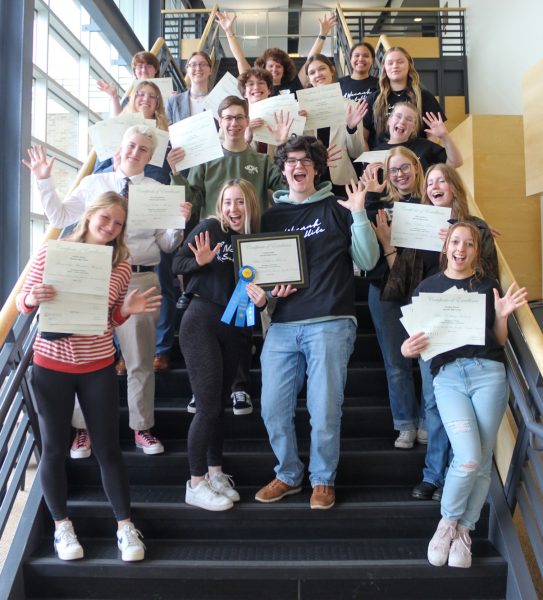
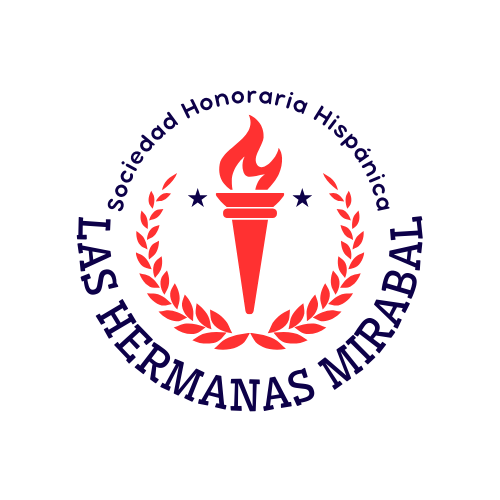
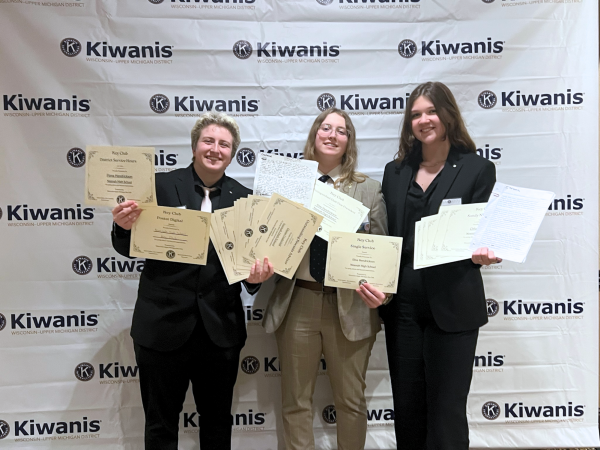
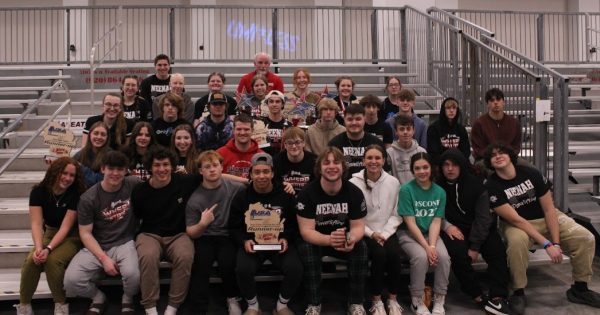
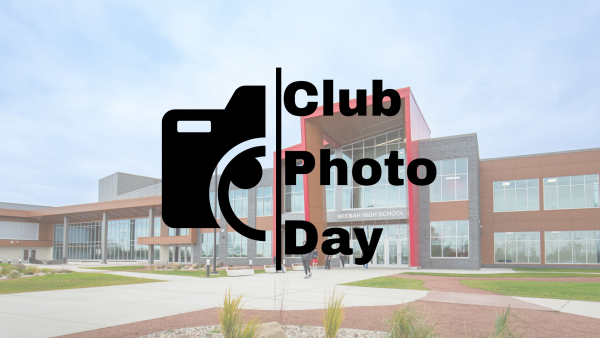
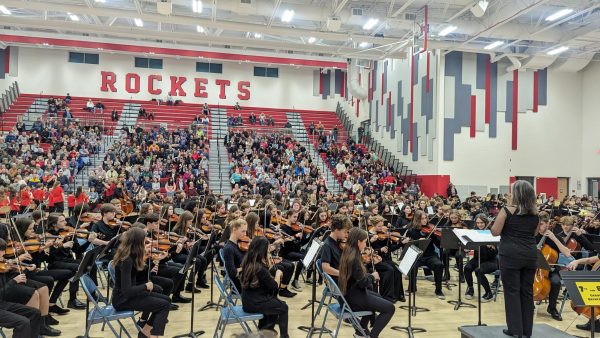

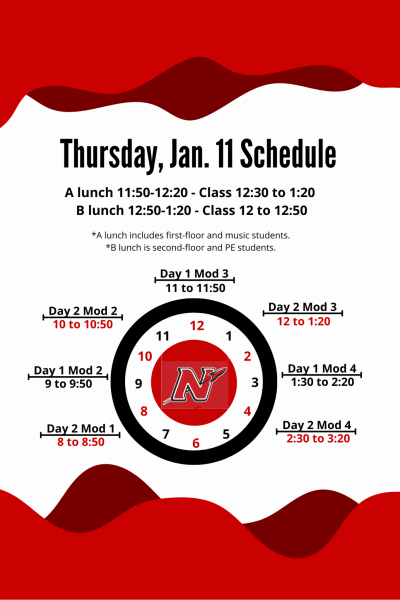
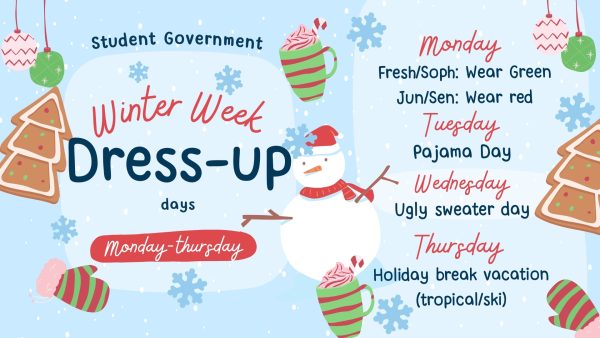
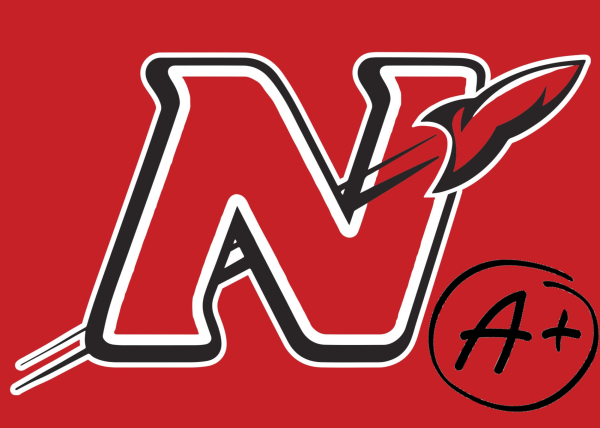
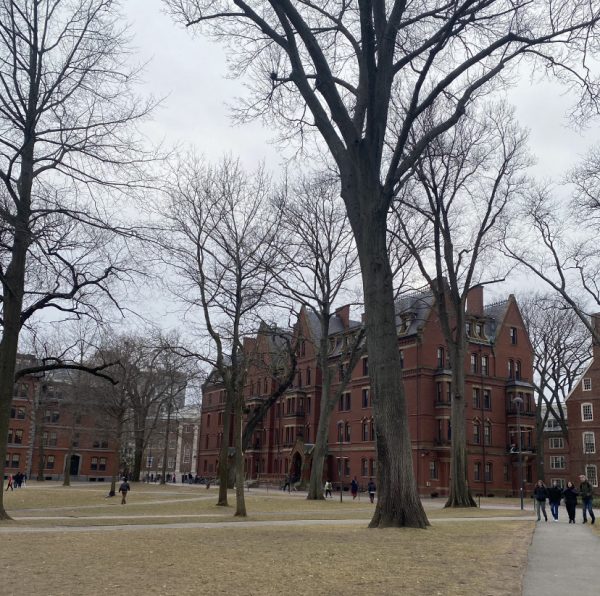
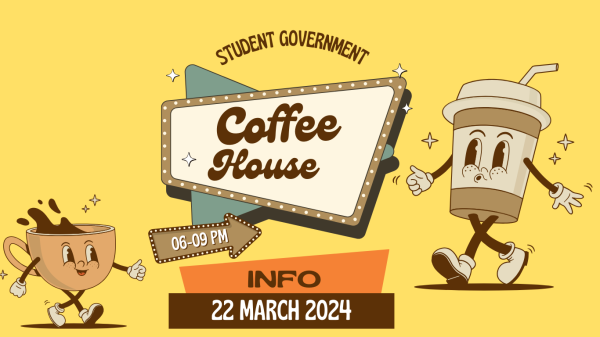
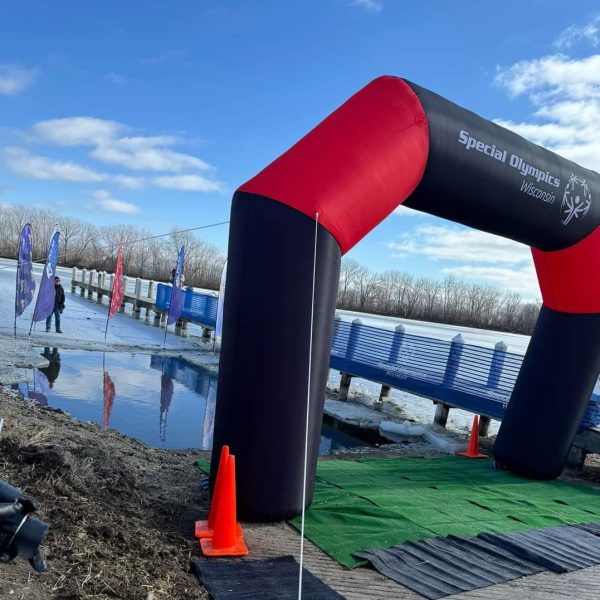
Rachel Terry • Mar 6, 2017 at 5:57 PM
I love this idea of a mock election! It gave the students who are unable to vote, a chance to voice their own opinions. Also, with the addition of the school referendum question, students got to vote on a more immediate and personal issue. I agree with Mr. Borchardt, hoping “that students will transfer participation in a mock election and knowledge of politics to become active citizens in their future communities.”